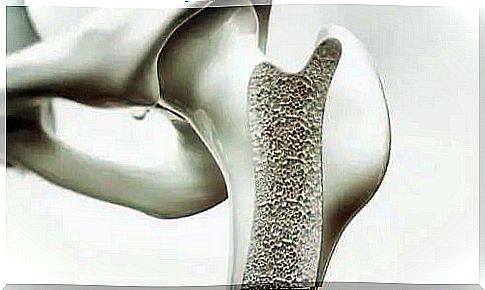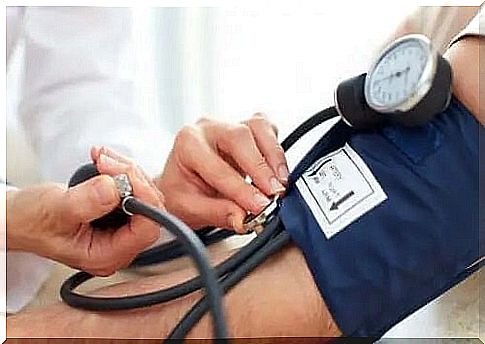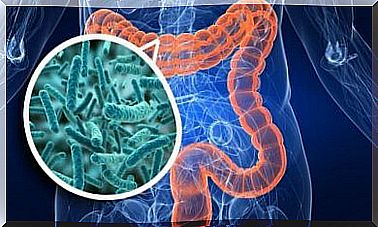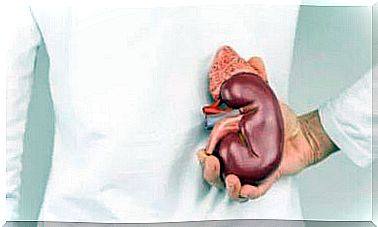What Are Corticosteroids? Uses And Side Effects

What are corticosteroids? These substances are very powerful drugs. Therefore, you should always take them under medical supervision. You cannot and should not buy this type of over-the-counter medication.
What are corticosteroids?
Corticosteroid drugs
Types and therapeutic indications

Here are some of the most commonly used forms:
- Inhalation of corticosteroid drugs. This form is used for asthma or for people with chronic obstructive pulmonary disease (COPD). Inhalers are also often used as an emergency measure in certain cases of acute bronchitis. These treatments are used for a long time and require medical supervision and continuous monitoring.
- Oral corticosteroids in tablet form. Their main use is the treatment of inflammatory diseases such as Crohn’s disease and ulcerative colitis.
- Topical corticosteroid drugs. They are used in case of eczema, atopic dermatitis and psoriasis. They are also administered to reduce inflammation.
- Injectable corticosteroids. This is the type administered intravenously for certain systemic autoimmune diseases. Corticosteroids administered intramuscularly have as their main purpose the treatment of joint pain.
Mechanism of action and pharmacology

Corticosteroids must enter the cytoplasm, where they will bind to receptors. Once the hormone-receptor complex is formed, they enter the cell nucleus and interact with the DNA. The result of this interaction is the synthesis of the specific protein that will perform the desired function.
Side effects

Because these drugs influence a large number of physiological processes, side effects vary. In general, side effects are directly proportional to the use of corticosteroids. Therefore, the main trigger for side effects is inadequate intake and abrupt cessation of treatment.
Here are the most common side effects of corticosteroids:
- These drugs usually affect the immune system. Therefore, it increases the susceptibility to infections, because these drugs are an immunosuppressive agent.
- In addition, corticosteroids have adverse effects on skeletal muscle and can trigger myopathy, osteoporosis and bone necrosis.
- They can also trigger gastrointestinal problems, such as pancreatitis and peptic ulcer. These two side effects are the most common.
- Corticosteroids can cause high blood pressure due to fluid retention that occurs in the body.
- Mood swings, such as feelings of euphoria, insomnia, depression and psychosis are side effects in the neuropsychiatric field. These symptoms may occur when you are being treated with corticosteroids. However, such manifestations are less likely.
- Ophthalmic problems such as cataracts and glaucoma can also occur.
- In addition, there is an increased risk of endocrinological and metabolic problems. The latter include glucose intolerance, diabetes, weight gain and hyperlipidemia.
- There is an increased risk of growth suppression due to the close relationship between corticosteroids and growth hormone. This includes suppressing the axis of the hypothalamic-pituitary-adrenal gland, among other effects.









